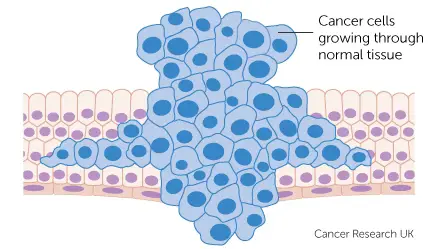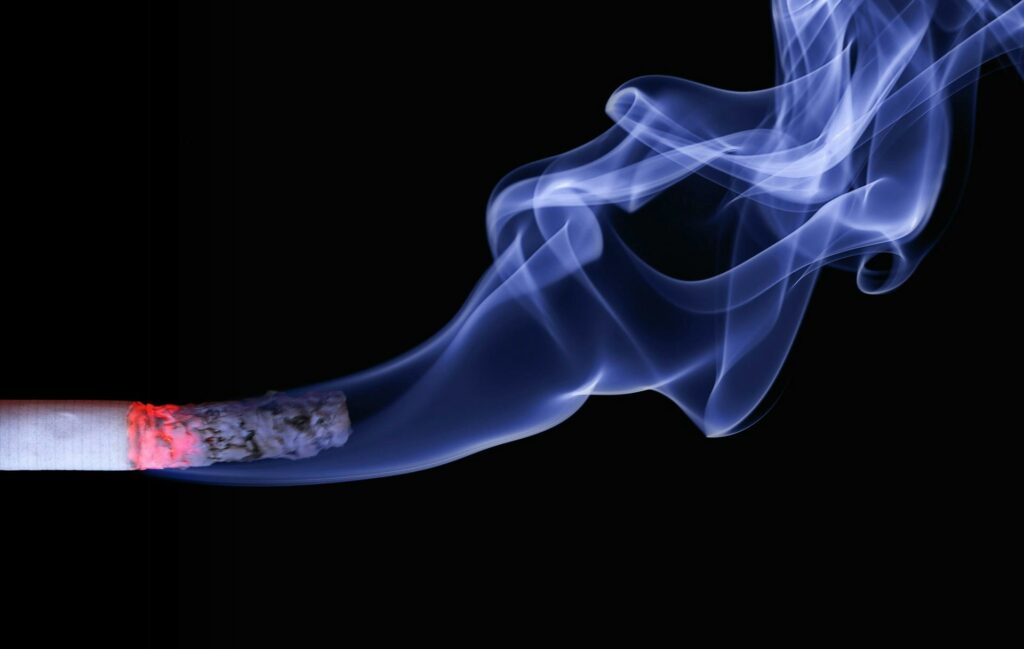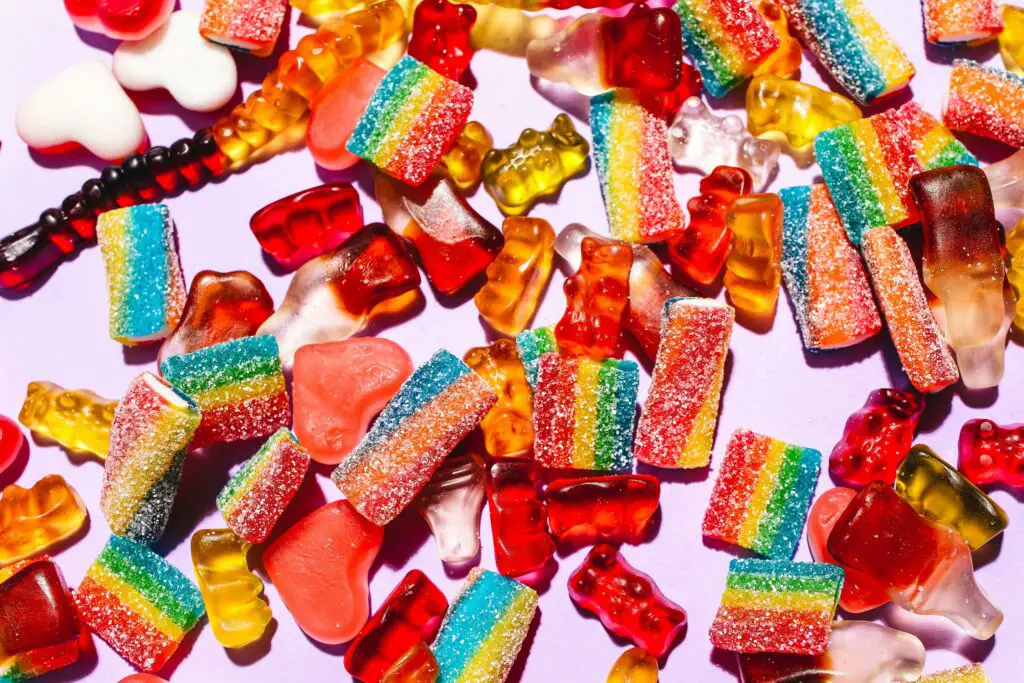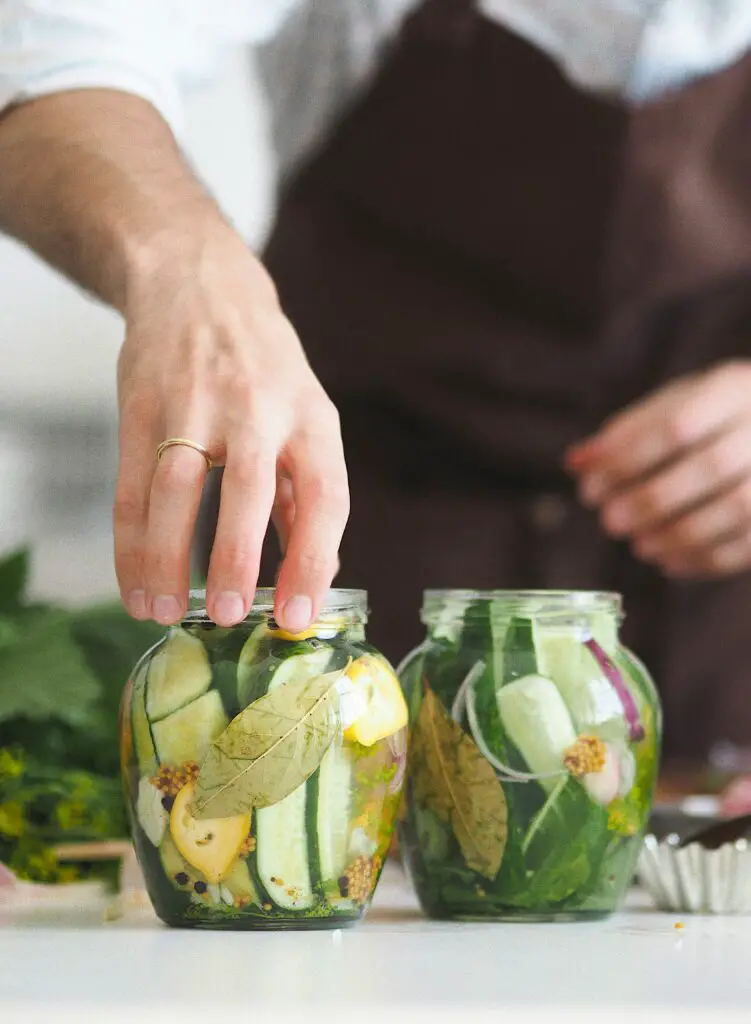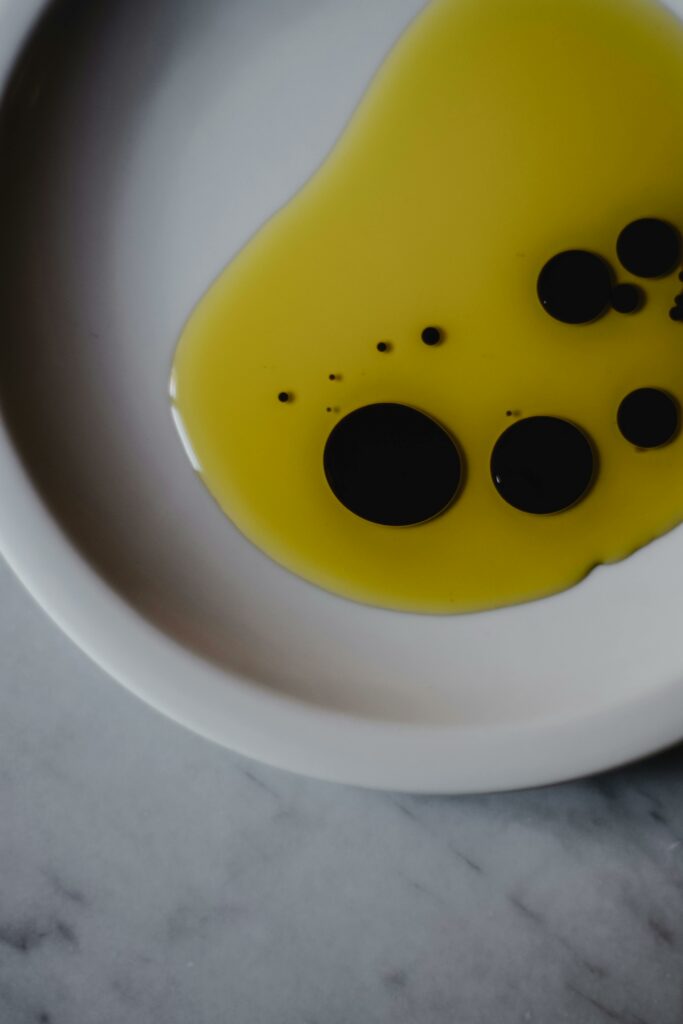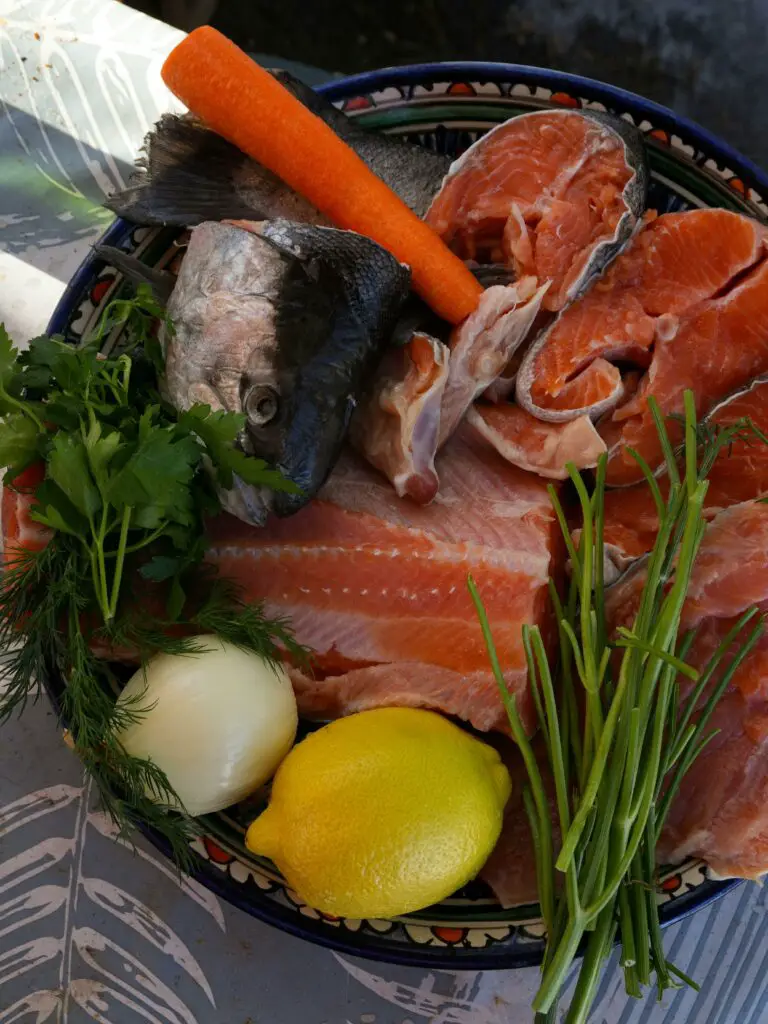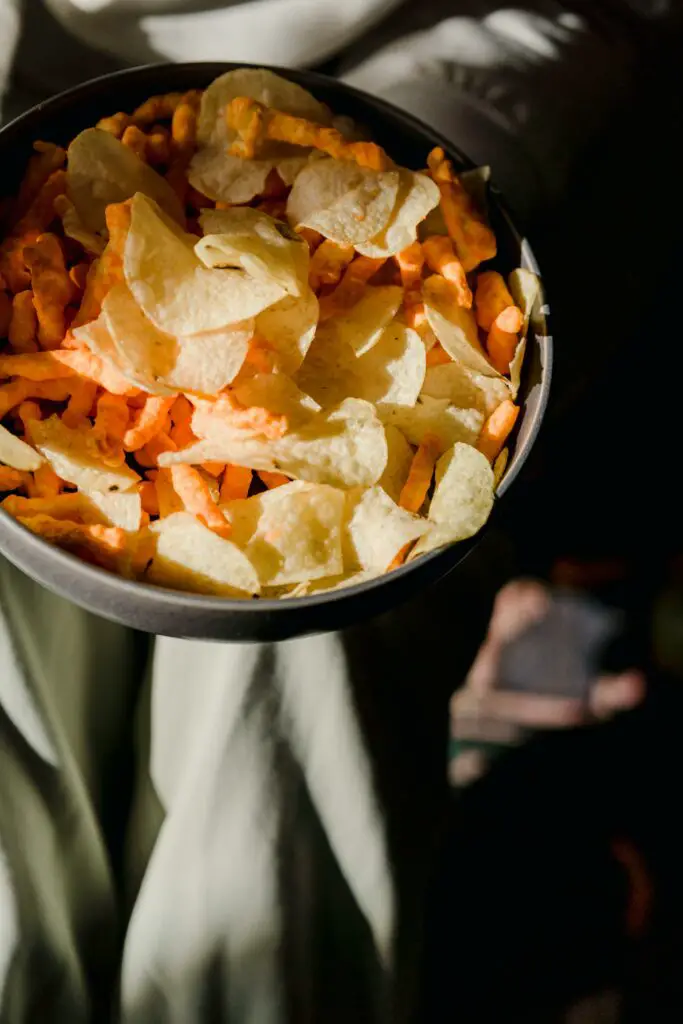Cancer is not a single disease but a complex group of illnesses with many potential causes. In all types of cancer, certain cells in the body begin dividing uncontrollably and can invade nearby tissues. Since the human body is made up of trillions of cells, cancer can potentially spread to almost any part of it.
Under normal conditions, cells grow, divide, and die in an orderly cycle: old or damaged cells are replaced by new ones as needed. Cancer disrupts this process. Abnormal cells survive when they should die and continue to multiply even when the body doesn’t need them. These uncontrolled cells can form masses called tumors.
According to experts, cancer can be triggered by multiple factors, including:
- Smoking and tobacco use
- Exposure to the sun or other types of radiation
- Viruses and infections
A study by the American Cancer Society found that about 18% of cancer cases in the U.S. are attributable to a combination of poor diet, obesity, physical inactivity, and alcohol consumption—this being tied for the second-highest group of risk factors after smoking.
One can lower the risks of getting cancer by quitting smoking, exercising regularly, maintaining healthy body weight, and improve the quality of the food they consume.
When it comes to food, experts warn against eight types of foods believed to increase the risk of cancer, thus urge you to stop consuming them.
1. Refined and Artificial Sugary Foods
Too much sugar—especially from sodas, energy drinks, and sweeteners like corn syrup—raises insulin, harms metabolism, and may increase cancer risk.
A 2006 study even linked sugary diets to pancreatic cancer. Dr. London calls soft drinks “liquid death” because they’re also loaded with dyes and preservatives.
Safer choices would be water with fruit, smoothies, or natural sweeteners like honey and maple syrup.
2. Red and Processed Meats
WHO has classified processed meats like bacon, ham, salami, and sausages as a Group 1 carcinogen—meaning they’re proven to cause cancer. The danger comes from preservatives such as nitrates and nitrites, which can form cancer-causing compounds in the body. Children are even more at risk because their digestive systems are still developing.
Research shows eating too much processed meat raises the risk of colorectal cancer, while a high intake of red meat has also been linked to prostate cancer. To lower your risk, replace processed meats for fresh lean cuts, poultry, or plant-based options. Grass-fed meat is also a healthier alternative.
3. Smoked and Pickled Foods
Including smoked and pickled foods in your diet regularly can have a negative impact on overall health.
The smoking process leaves behind toxic compounds in the meat, which can lead to various health issues over time. Pickled foods, on the other hand, contain high levels of nitrates that can transform into N-nitroso compounds—substances linked to an increased risk of cancer, particularly in the digestive system.
In addition, these foods contain preservatives to extend their shelf life.
While preservatives help keep food fresh, consuming them in excess can trigger cellular damage and further elevate cancer risk.
4. White Flour
Many processed foods nowadays contain refined white flour. However, it is high in carbohydrates, which can negatively affect your health. Research has linked high carb intake to an increased risk of breast cancer in women, and refined flour can cause rapid spikes in blood sugar levels.
Healthier alternatives would be whole-wheat, almond, quinoa, or barley flour. These not only provide more nutrients, but they also help maintain stable blood sugar.
5. Hydrogenated Oils
Many commercially processed vegetable oils are chemically extracted to extend shelf life, a process that can turn them into harmful substances. They are rich in omega-6 fatty acids and trans fats. While omega-6 in small amounts is beneficial, too much can affect cell membrane structure and flexibility, increasing the risk of several cancers, especially skin cancer.
Trans fats also contribute to colorectal, prostate, and breast cancer risks.
Using extra-virgin coconut or olive oil instead is a healthier way to cook and prepare food.
6. Microwave Popcorn
While it seems like a convenient snack, microwave popcorn comes with hidden risks. The bags often contain perfluorooctanoic acid (PFOA), a toxic chemical linked to higher rates of kidney and bladder cancer in people exposed to it. Studies also suggest it may impair fertility in women.
In addition, microwave popcorn frequently contains genetically modified ingredients and preservatives like propyl gallate. Air-popped popcorn or homemade versions using natural oils and minimal additives would make a healthier option.
7. Farmed Salmon
Research shows that farmed salmon contains higher levels of harmful chemicals and cancer-promoting substances compared to wild salmon. These include toxaphene, mercury, dioxins, flame retardants, and polychlorinated biphenyls (PCBs), all of which can negatively affect your health.
If you choose to buy wild salmon, always check the label to ensure its quality.
Keep in mind that farmed salmon is generally cheaper, but wild salmon is the healthier option.
8. Potato Chips
Potato chips are more than just a guilty pleasure—they can be harmful. Cooking them at high temperatures creates acrylamide, a chemical linked to higher risks of breast, prostate, ovarian, and digestive cancers. On top of that, chips contain with calories, unhealthy fats, and artificial additives, which can lead to weight gain, high blood pressure, and raised cholesterol.
A healthier option is to make your own at home using olive oil, or try baked alternatives like banana or apple chips.
Please SHARE this article with your family and friends on Facebook.
Bored Daddy
Love and Peace

